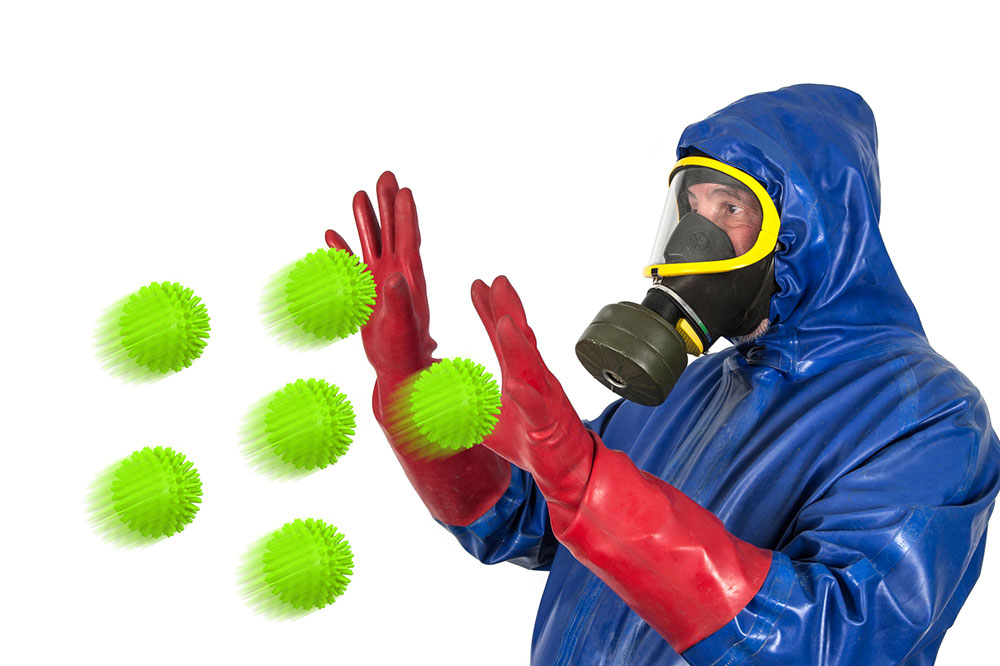Complete Pediatric Flu Shot Guide for Parents
This comprehensive guide covers pediatric flu vaccination, highlighting the importance, types, and safety of flu shots for children. It explains the differences between injectable and nasal spray vaccines, emphasizing the need for annual immunization to safeguard young children during flu season. Parents will learn key information for making informed vaccination choices for their kids.

Complete Pediatric Flu Shot Guide for Parents
Children often exhibit flu symptoms similar to a cold, making diagnosis tricky. However, the flu can develop quickly and lead to serious health issues. Here’s essential information for parents about vaccinating kids against influenza.
Influenza is caused by the influenza virus, with peak occurrences during specific seasons. Young children aged 6 months to 5 years are at higher risk. Symptoms include sudden chills, dry cough, fever, muscle pain, tiredness, sore throat, and reduced appetite. The virus mainly infects the respiratory tract and spreads through contact with infected individuals.
Flu vaccines are proven safe and highly effective. Minor side effects such as slight fever or muscle soreness can occur but typically resolve quickly. Vaccination stimulates immunity within two weeks, providing children with protection against circulating flu strains. Options include inactivated vaccines and nasal spray formulations, chosen based on the child's age and health conditions.
Injectable Flu Vaccines
The flu shot, containing inactivated viruses, is administered via muscle injection. It prompts the immune system to produce antibodies, safeguarding against multiple flu strains. These vaccines are trusted and approved for children. Variants include standard-dose trivalent, quadrivalent for broader coverage, and intradermal options suitable for ages 18-60.
Standard-dose trivalent vaccines: Egg-grown vaccines suitable for children and adults, with high-dose versions for older adults and egg-free options for those over 18.
Quadrivalent vaccines: Cover two influenza A and two B strains, offering expanded protection.
Intradermal quadrivalent vaccines: Administered with a small needle into the skin, approved for ages 18-60.
Nasal Spray Vaccines
The Live Attenuated Influenza Vaccine (LAIV) is a nasal spray with weakened flu viruses. It provides an alternative to injections and triggers immune response without causing illness. Not suitable for children with certain health issues or immune deficiencies.
Annual flu shots are vital as immunity wanes over time. Regular vaccination ensures children remain protected against seasonal strains.


